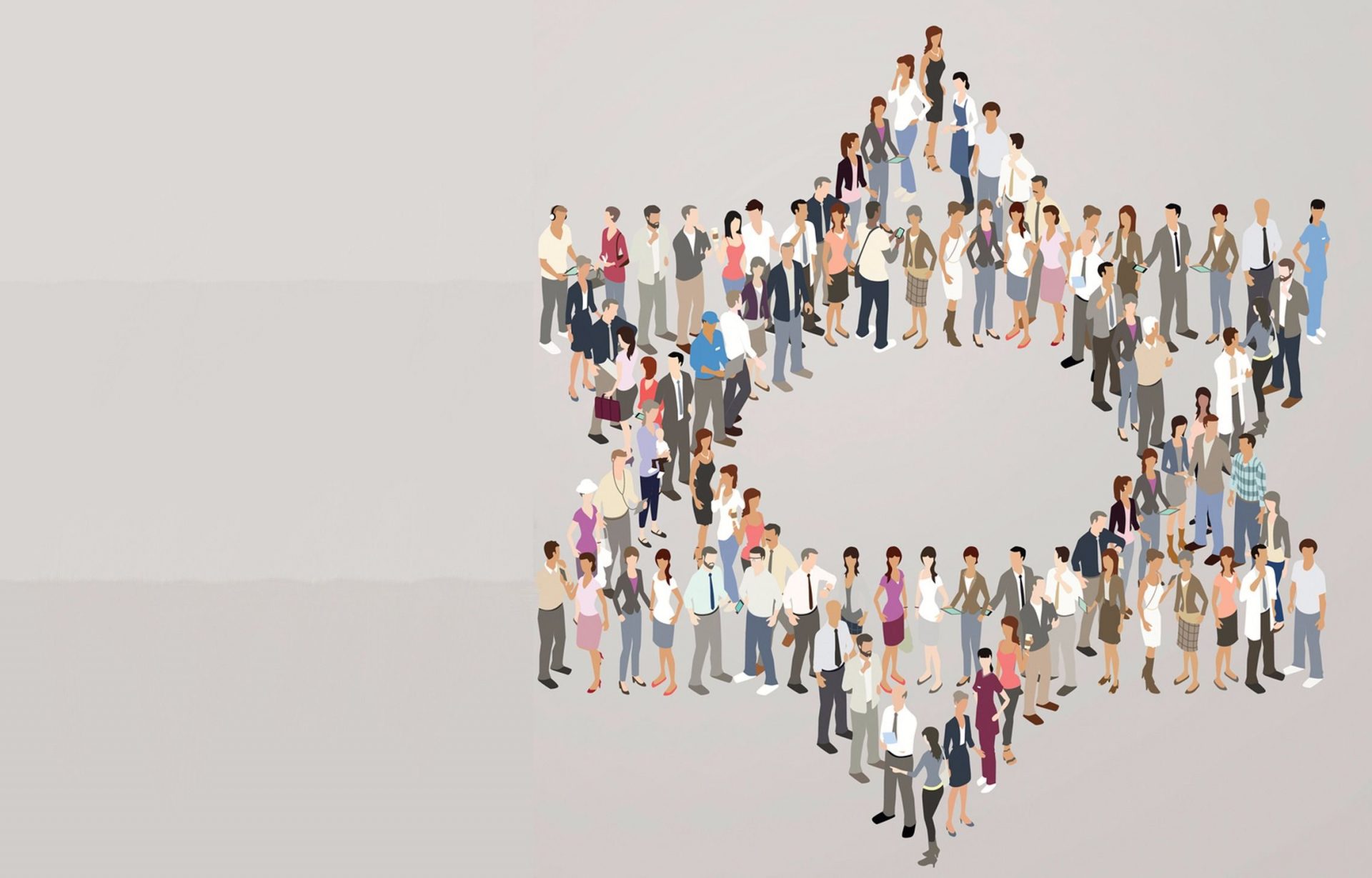What is the difference between race and ethnicity? Paula Moya and Hazel Markus argue that we might define each as follows:
Race is a dynamic set of historically derived and institutionalized ideas and practices that (1) sorts people into ethnic groups according to perceived physical and behavioral human characteristics; (2) associates differential value, power, and privilege with these characteristics and establishes a social status ranking among the different groups; and (3) emerges (a) when groups are perceived to pose a threat (political, economic, or cultural) to each other’s world view or way of life; and/or (b) to justify the denigration and exploitation (past, current, or future) of, and prejudice toward, other groups.
(Markus Pride, prejudice, and ambivalence 654; see also Doing Race)
Ethnicity is a dynamic set of historically derived and institutionalized ideas and practices that (1) allows people to identify or to be identified with groupings of people on the basis of presumed (and usually claimed) commonalities including language, history, nation or region of origin, customs, ways of being, religion, names, physical appearance, and/or genealogy or ancestry; (2) can be a source of meaning, action, and identity; and (3) confers a sense of belonging, pride, and motivation.
(Markus Pride, prejudice, and ambivalence 654; see also Doing Race)
These definitions highlight that race and ethnicity are maintained through social processes both by people in and out of the groups. It is worth asking one’s students how they usually define these concepts and whether they tend to think of Jews as a race or ethnicity since the answer may not be self-evident.
During different eras in American history, Jews have been thought of either as a race or as an ethnicity, and it is worth thinking about what is at stake in such designations. Given that Jews both today and in early America often had ties to multiple continents, how, for example, does the discussion of Jews as a specific race, perpetuate the idea that some Jews are “more Jewish” than others?
Markus and Moya’s definition of race also suggests that Jews are more likely to be thought of as a race when they are “perceived to pose a threat (political, economic, or cultural)” to another group’s world view or way of life. If so, what is the specific threat Jews are supposed to pose and how has that threat changed over time? Moreover, even within a particular era have different groups within the Americas seen Jews as threatening for different reasons? How does this sense of threat change the conversations people have about Jews, race, and slavery? Moreover, given that Markus and Moya see race and ethnicity as being constructed both by people in and out of the groups being defined, how have Jews taken part in constructing a sense of what it means to be a Jew in different eras in American history? Which Jews get to decide?
Resources
A thoughtful (but somewhat dated) documentary about Blacks & Jews (California Newsreel, 1997) is available on DVD, but also there are a few excerpts on YouTube:
- “Blacks and Jews”- Excerpt 1
- “Blacks and Jews”- Excerpt 2
- “Blacks and Jews”- Excerpt 3
- “Blacks and Jews”- Excerpt 4
Markus and Moya speak more about the typical conversations that people have about race and ethnicity in the United States in this lecture drawn from the introduction to Doing Race:
8 Conversations About Race from Stanford Humanities on Vimeo.

